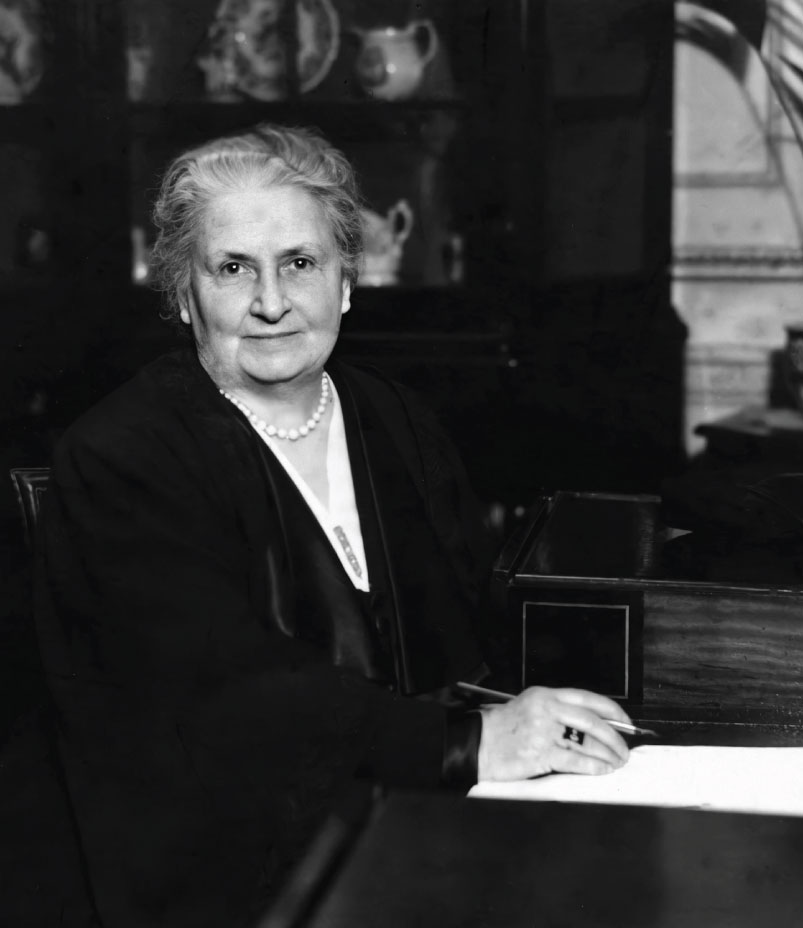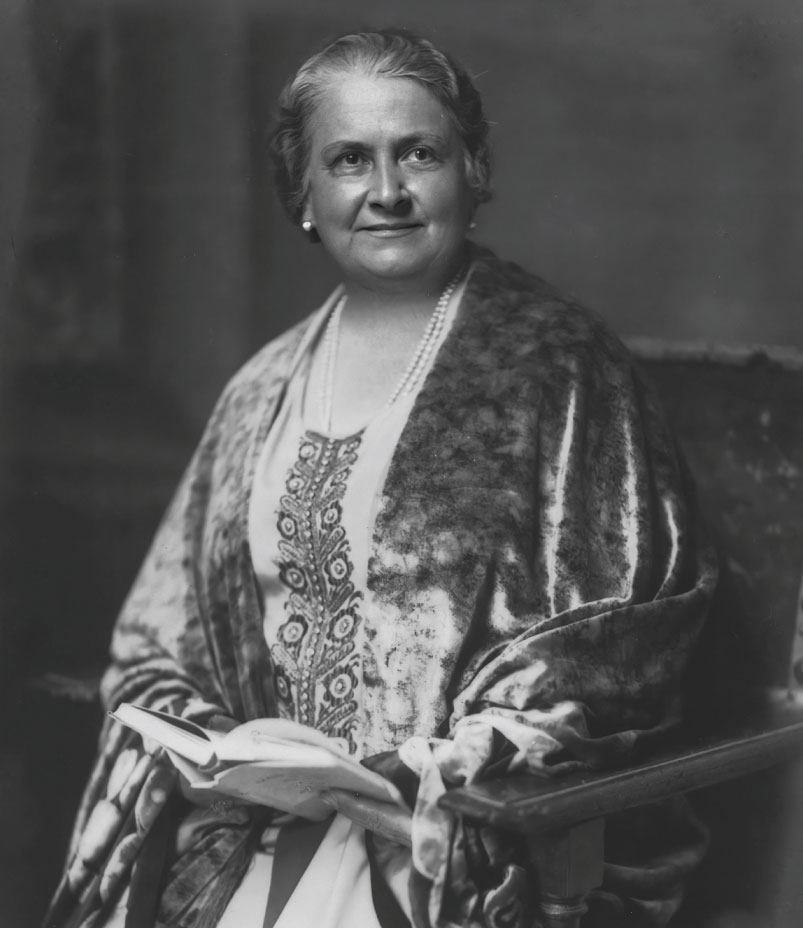Maria Montessori
Maria Montessori: A Visionary in Early Education Who Transformed Learning for Generations
The Early Years of Maria Montessori
Maria Montessori was born on August 31, 1870, in Chiaravalle, Italy. From a young age, she exhibited a passion for education and a natural aptitude for science and mathematics. Despite societal expectations at the time, she pursued her dream of becoming an engineer and eventually enrolled at the University of Rome, where she shattered gender norms by becoming one of Italy’s first female physicians.
The Birth of the Montessori Method
Maria Montessori’s career took an unexpected turn when she began working with children in a psychiatric clinic. Her observations of these young patients led her to develop the educational philosophy and method that would later bear her name. Montessori believed that children possessed an innate desire to learn and that the role of an educator was to guide and nurture this natural curiosity.

The Montessori Method in Action
In 1907, Maria Montessori opened the Casa dei Bambini, or “Children’s House,” in a poverty-stricken district of Rome. Here, she put her revolutionary ideas into practice. Montessori classrooms were characterized by child-sized furniture, hands-on materials, and an atmosphere of respect and independence. Children were free to choose their activities, work at their own pace, and explore subjects that interested them.
One of the cornerstones of the Montessori Method is the belief in the importance of a prepared environment. Montessori materials were meticulously designed to be self-correcting, allowing children to learn through their mistakes and self-discovery. Activities like the Pink Tower, the Binomial Cube, and the Sandpaper Letters became iconic components of Montessori classrooms worldwide.
Legacy and Global Impact
Maria Montessori’s work quickly gained international recognition. Her ideas spread to the United States, India, and numerous other countries, influencing countless educators and institutions. The Montessori Method has stood the test of time, enduring over a century as a respected and effective approach to early childhood education.
Montessori believed that education should aim at developing the whole child – emotionally, socially, intellectually, and physically. Her emphasis on fostering independence, self-discipline, and a love for learning continues to shape educational practices today.



